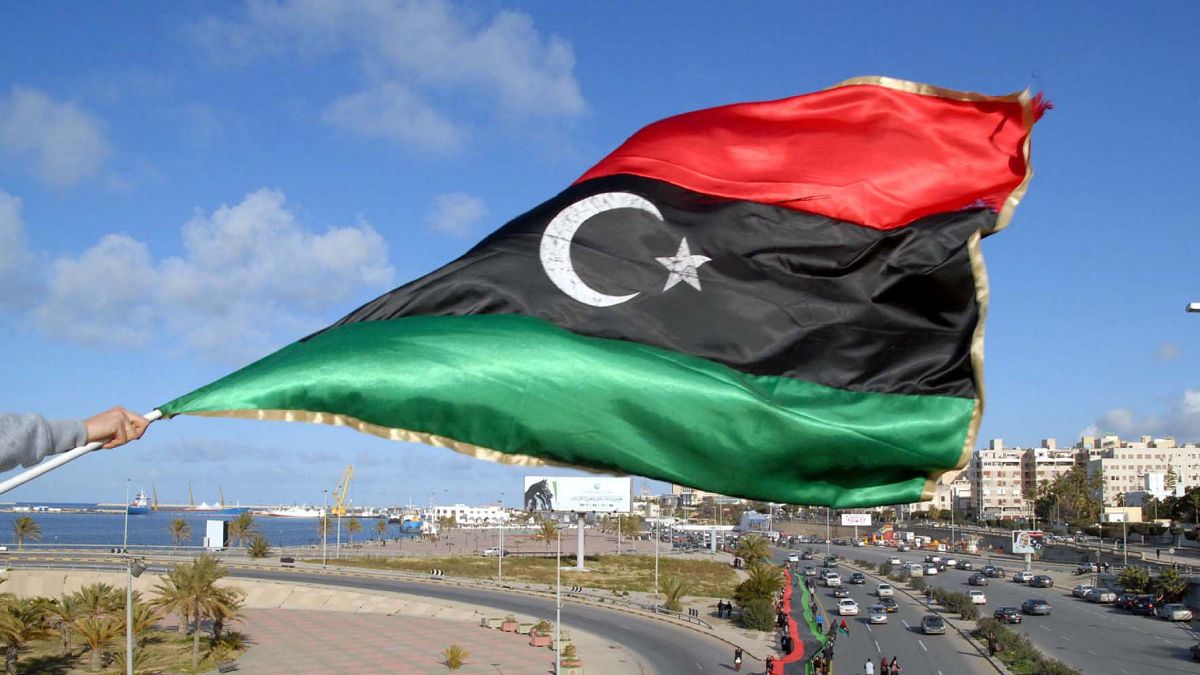Rival factions in Libya agree on an interim presidential council to lead the country into elections in December.
Warring factions in Libya have moved to unify the nation by choosing four delegates to steer the country to national elections in December.
At present, the troubled nation is torn by two governments, one in the east and one in the west.
Seventy-four delegates chose a list of candidates in an UN-hosted process aimed at giving balance to regional powers and various political and economic interests.
Mohammad Younes Menfi, a Libyan diplomat with a support base in the country's east, was chosen to head the three-person Presidential Council.
Abdul Hamid Mohammed Dbeibah, a powerful businessman backed by western tribes, was chosen as interim prime minister.
The UN backed and welcomed the agreement, although it acknowledges that there are still considerable challenges to its success because of high tensions between global and regional powers with interests in the country, including Turkey and France.
"I now hope we will deliver results, which will be the concrete evidence of our ability to deliver," said French President Emmanuel Macron. "Fix the Libyan situation. Get rid of Turkish troops from Libya. Get rid of thousands of jihadists exported from Syria to Libya by Turkey itself.
But Macron's comments received a sharp rebuke from Recep Tayyip Erdogan, the Turkish President.
"While Macron saying that Turkey should pull out its troops he still hasn't learned this job," said Erdogan. "He has to spend too much time learning it. Because Turkey is not there for pleasure. Before saying this to Turkey, there are other foreign soldiers from foreign countries, soldiers from Chad, soldiers from Mali, countries that were occupied by themselves."
In April 2019, Khalifa Hifter, a military commander allied with the eastern government, launched an offensive to seize the capital, Tripoli.
A ceasefire has been in place since October.
